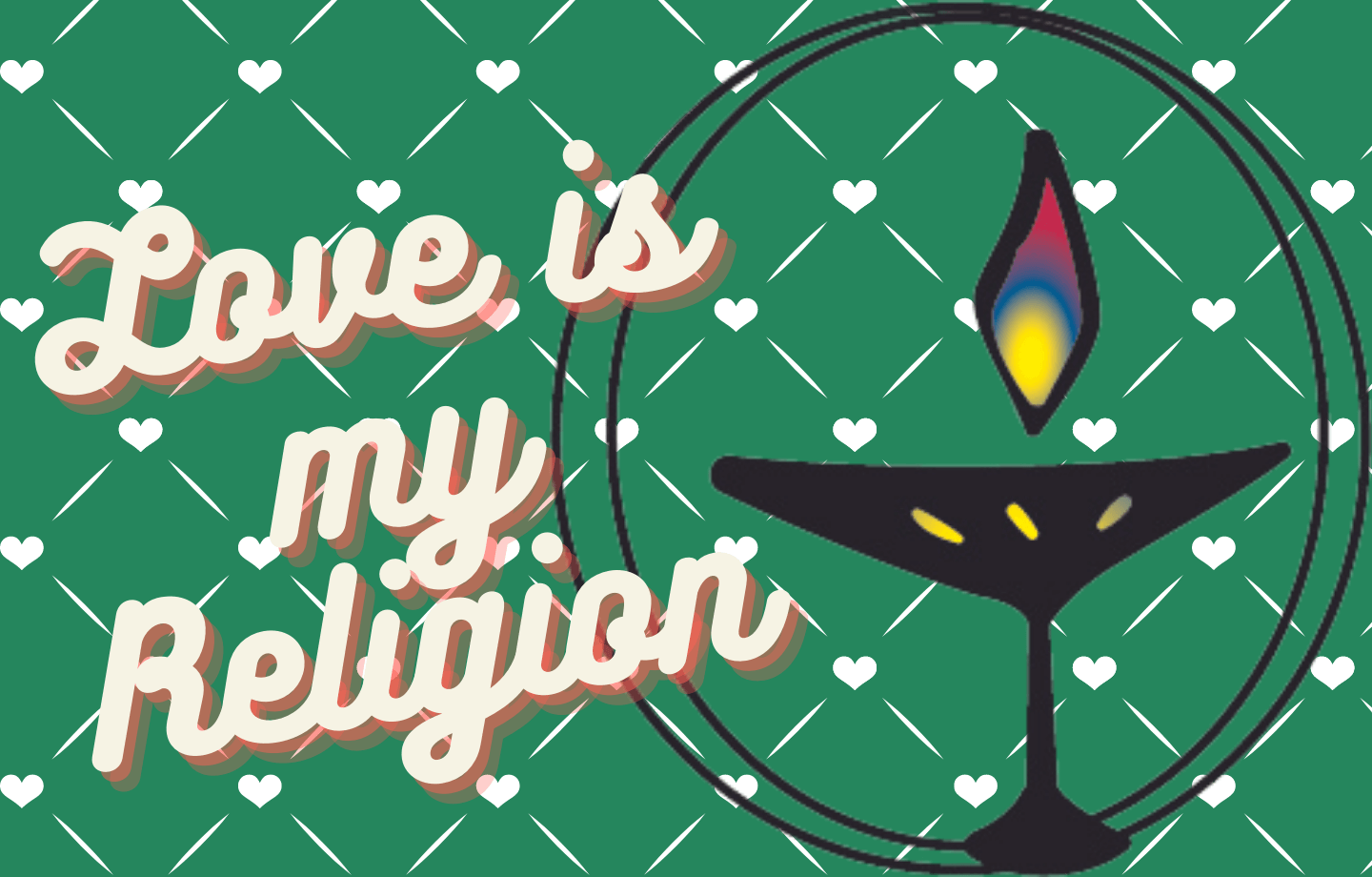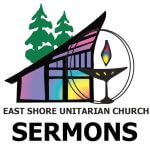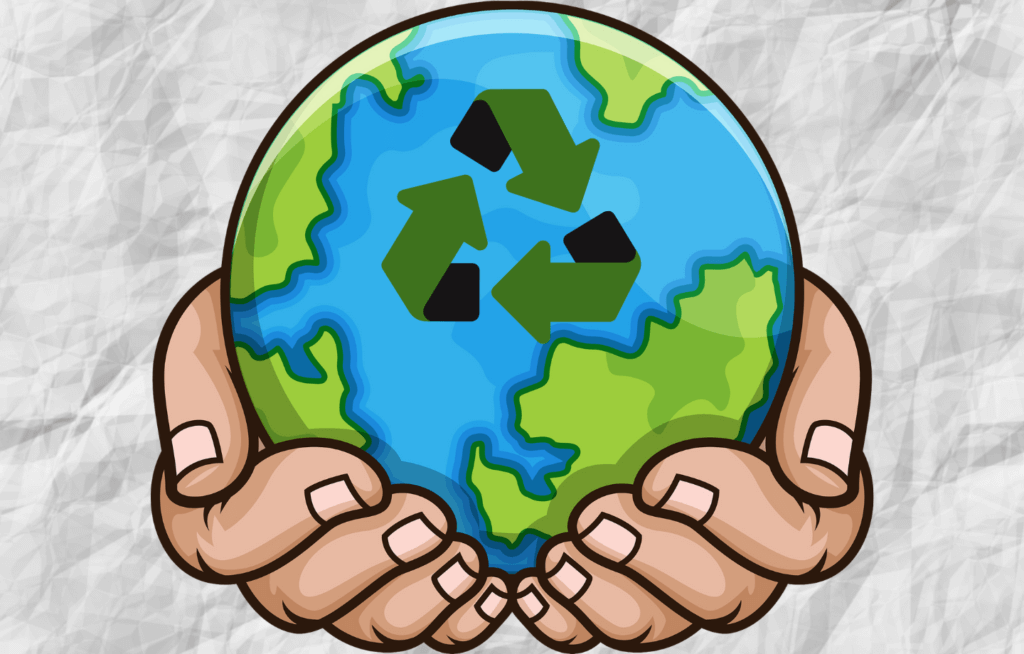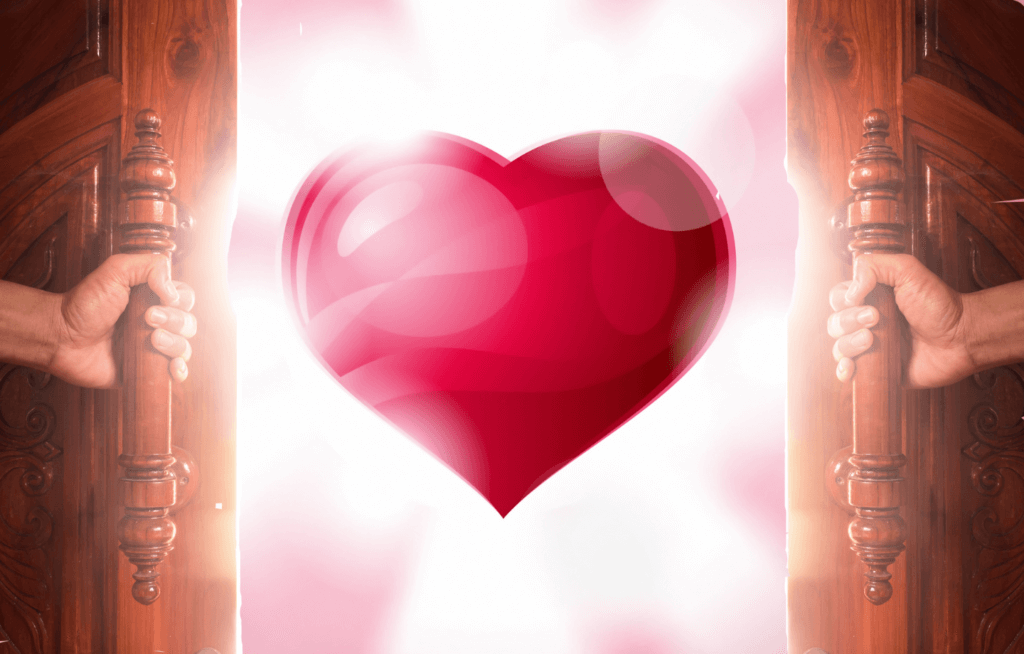
- This event has passed.
Love is my Religion
Sunday, April 24 @ 10:30 am - 11:30 am


What brings us together as Unitarian Universalists? There are as many reasons as the individual people who make up our church communities. Most of us believe that together, we can transform ourselves and make this world a better place through the practice of love. In community, we are offered an opportunity to practice this love by embodying radical hospitality and theological diversity.
How to Attend
In person participants MUST BE VACCINATED! Read more about the process here.
• To virtually attend, please Zoom in using room number 989 3107 9078, passcode: chalice.
• To phone into the service, call 669-900-6833, Meeting ID: 989 3107 9078.
For those joining virtually, please mute as soon as you enter the room, so everyone can hear. Please note, the services will be recorded, but at this time, there are no plans to share the recording.
More Information
Both virtual and in person services are followed by coffee hour.
For the latest on Religious Education programs, click here.
Story for All Ages
Sermon Audio
Love is my Religion
Sermon Text
This morning’s sermon is “Love is my Religion” and your take-away today will be: It’s complicated. Let’s face it, as Unitarian Universalists, we don’t take religion very seriously. In fact, most people are more comfortable identifying with being spiritual, or none of the above, rather than religious. Spiritual connotes a more open and individual way of experiencing the mysteries of life and the universe, while religion conjures up dogma, religious institutions, and rigid creeds. Many of us being refugees of religions whose tenets denied our inherent worth and dignity understandably take distance and some cringe at the mention of religion, of God – even church, or prayer. Religion comes from the Latin re-ligāre, which means to bind together, to hold together – again. This definition is evocative of religion as conducive to bringing people together and not to divide people or pit them against each other. Like most religious traditions, Unitarian Universalism centers love in the shape of social justice. This is a religion at its best. It nourishes community, it gives strength, it values relationships, it cares for the suffering, it practices love and breaks through labels and divisions, embracing and welcoming everyone. Rooted in this Judeo-Christian tradition, Unitarian Universalism offers us not dogma but values and principles, we are encouraged to show up, to practice good deeds not creeds. We are invited into a covenantal relationship, to be bound together, again and again in the name of love.
My Grandmother, my mother, and I left our country Chile and arrived in the United States when I was 16 years old. We were fleeing a horrific military dictatorship that forced us to migrate. As traumatic as this experience was, it was also an opportunity to reimagine home and renew hope in the future.
Learning a new language and culture, while navigating the challenges of being a teenager taught me to be resilient and adaptable. To value and defend my cultural heritage even in the face of danger. I learned to reach out and develop friendships with people from all walks of life, even when I didn’t speak their language. As a Unitarian Universalist, sometimes I can still experience being in a new country, learning a new language, and facing the challenges of bringing my whole authentic self to the table. I have also reaffirmed my Catholic, Indigenous, and Earth-centered spiritual practices and embraced new ones which coexist and intersect in beautiful ways. Entering into new communities has made me aware of how important it is to widen the circle and extend the welcome table not just for ourselves, but for those Beloveds who are not yet here.
Everyone at some point in their lives has experienced a crisis or significant loss, something akin to arriving in a strange land, learning a new language, fearing the loss of the familiar, of home and family.
When that experience is exacerbated by racism, homophobia, transphobia, classism, sexism, ableism, and/or xenophobia, it can break us. It can traumatize and wound us. It can make us feel all alone. Especially when it happens in our own communities, in our church, among people we trust and love. It can also break us open in a way that honors our experience, makes the injury visible, demands accountability, and also open to paths for authentic healing: individually and collectively. I have been broken open by love time and time again!
We are a chosen faith, existing within a spectrum of rationalism and evangelical roots. Or as Paul Rasor puts it “We are a liberal faith without certainty.” (1) Which is not to say that our faith is without values or deep held beliefs. Among us we have a wide diversity of understanding the Bible, God, Jesus, prayer, miracles, faith, and even the term church. We teach our children to visit neighboring faiths so that they can develop as spiritual seekers, experience the freedom to explore and choose that particular religious tradition that resonates with them – or choose none.
In the book Proverbs of Ashes Rev. Rebecca Parker writes: “My grandmother approached religion like hemming a skirt. She taught me to make the stitches strong enough to be visible on the outside. The lesson was clear: Don’t believe anything unless you can see that it is stitched together well.” (2) In many ways, Unitarian Universalism brings us together like a quilt, an arpillera, with life stories and spiritual practices stitched together by many hands.
Sometimes we do go shopping for churches, right? Some UU churches will physically appear more Christian than others with stained glass windows depicting biblical passages and images of Christ, while others will be stripped of any symbol that might make one religious tradition appear more important than the other. Some UU worship services consistently quote from scripture, while in others the beautiful poetry of Mary Oliver or the prose of Audre Lorde have become our sacred texts and a way of praying. Our sermons might be heavily influenced by science, by politics, and our own lived experience. They might resemble a college lecture, or invite people into deep silent meditation followed by communion. UU services can be quite the adventure for visitors!
I believe that what brings us here is our quest for meaning and the need to be in community. To build the proverbial welcoming table where we can bring our whole selves, find, share, and practice love. Because we need one another when we are in pain, facing the death of a loved one, when illness weakens our bodies, when our families are torn apart, when we feel lost, unhappy, lonely without a purpose, when we need some support for our sobriety, when we need someone to encourage us to leave an abusive relationship, when we cannot face evil by ourselves and need one another to restore and our faith and our hope for ourselves and for our nation. We come together to lift each other up. This is where we find the light of the world, where we are reconnected, bound together in this covenantal relationship, bound together in love. Our theology opens ourselves up to the mysteries of the universe, to the beauty of each other’s richly diverse spiritual journeys, to embodied worship, and offers us a religion where covenantal relationship means we see the divine in ourselves and in each other. We may not always be successful in building the welcoming table and practicing radical hospitality and unconditional love. And because we are a covenantal religion that believes that revelation is an active verb, with humility and devotion, we try again, and again. If we are to be a religion that is relevant and transformative, if love is our religion, then we are encouraged to look within and to pay attention to the margins, to the borders, to the people who have left and to those who have not yet arrived…
In seminary we learned about “Hermeneutics of Suspicion.” We learned to read between the lines. We re-read into scripture the invisible and silent voices of the women and those on the margins. We reclaimed the prophetic voices from the margins and brought into the picture the forgotten ones. We went beyond intellectual curiosity and learned to privilege the actual experience of people living through oppression, suffering in the world, and finding there the presence of God. I learned that God is an active verb and a daily practice – of being in relationship. We learned the difference between liberal religion and liberation theology. Unlike the individualistic and skeptic approach of the former, liberation theology constructs the reign of God as justice, tearing up oppression by the root, making life and dignity possible for everyone. Liberation theology locates God on the side of love, in situations of structural poverty and oppression.
Our liberal religion is often hard to describe and often we end up enumerating what we’re not. Has that happened to you? It’s easier to describe ourselves by saying “Oh we don’t do this and we don’t do that. Aren’t we great?” And sometimes in our zeal to differentiate ourselves from the institutions and beliefs we left behind, we might give the impression that Unitarian Universalism is a soft, lightweight religion, without dogmas or imposed rules, kind of wishy washy; a laissez-faire religion that doesn’t command respect and might appear as the religious path of least resistance. Our fourth principle says ours is a free and responsible search for truth and meaning. To be a UU is to spend a lifetime seeking truth and living in an ethical and principled way. There is nothing casual or easy about that. Unitarian Universalism does not give us the freedom from religion, it gives us freedom for religion, to be bound together in an ethical and responsible and loving way in order to become disciples of freedom. Paul Rasor writes that our liberal theology is “not for the faint of heart. It points us in the general direction without telling us the specific destination. The liberal religious tradition is an invitation, not a mandate. It invites us to live with ambiguity, to engage in dialogue, to be open to change and to take commitment seriously. Our religion calls us to strength without rigidity, conviction without ideology, openness without laziness. It asks us to pay attention. It asks us to deal with messy human realities.”
My path to ministry has definitely not been a straight line. And I am so grateful for the detours that have brought me here to this place, to this moment. As I continue to grow in my ministry, I think back to that 16 year old girl who arrived in a strange land, not knowing the language, trying to fit in and at the same time, hoping to be seen, heard, and welcomed along with my mother, grandmother, and all our rich cultural traditions and ways of being.
My ministry has been shaped and enriched by my life experience, my passion for social justice, and an intentional multicultural lens. Building relationships across cultures is at the heart of my ministry. My life experience and ministerial formation serve as strong foundations for a shared ministry that is compassionate, resilient, and prophetic. As I continue to learn and grow, I pray that my light may join others to shine bright as we strive to bring more justice, compassion, and hope to our hurting world.
Beloveds, we know that religion, like life, can be messy and imperfect. Whether you consider yourself a lifelong UU, UU adjacent, or are still not sure what UUism even is, what I can say for sure is that this Unitarian Universalist religious community has offered me a space to tell my story, to share my spiritual journey, to continue wrestling with our history and challenging myself and our leadership to keep expanding the welcome table. It is not easy but with all its challenges I am here and I know that I am not alone. For all the times this religion has failed me and my people, this religion has also been a lifeline, a source of active hope, and of love for me and my family. This religion is stitched together like a quilt: all kinds of different patterns, colors, and with visible stitching that lets everyone know that we center deeds not creeds, that we show up when called to be on the side of love, that we believe in and practice interconnectedness, and that we are beautifully imperfect and willing to learn, to listen, to bless, to heal, to forgive, again and again. I believe that we can use those hermeneutics of suspicion to see the divine in ourselves and each other. I believe that we can change ourselves and the world when we are open to listening and learning across cultures and religious traditions. I believe that revelation is ongoing and that we together can give new shapes and meaning to the words religion, faith, and salvation. I believe that we are hungry for the kind of religious freedom that Unitarian Universalism offers our hurting world. An imperfect messy liberal religion that is the expression of our beautiful imperfect human condition. A religion that offers a lens of compassion and love is our outward expression of our devotion in justice. We may not wear distinctive garments, have similar symbols, or use the same language, but we are united and strengthened by the common thread of love expressed through our daily lived experiences. We are imperfect and committed to transformation. We are Unitarian Universalists and Catholics, and Buddhists, and Muslims, and Sikhs, and humanists and atheists and agnostics and pagans – and more or less or none. And We are one, part of a great quilt, arpillera of prophetic voices on a shared journey on the side of love. Our common thread is love. May love be our religion, always. Blessed Be, Ashe, and Amen.
Paul Rasor, Faith Without Certainty: Liberal Theology in the 21st Century, Skinner House Books, Boston, 2005.
Rebecca Ann Parker & Rita Nakashima Brock, Proverbs of Ashes: Violence, Redemptive Suffering, and the Search for What Saves Us, Beacon Press, Boston, 2001.
Event Details
Transportation & Parking
Google Maps offers you door-to-door directions for driving, walking, biking, or public transit.
We have several parking lots. Our upper lot, off SE 32nd Street, is closest to our Sanctuary, it has handicap and stroller parking. There is a roundabout for drop-offs. Our lower, main parking lot is also off SE 32nd Street. There are stairs that will lead you up to the Sanctuary. If that lot is full, there is also street parking on 32nd Street.
Accessibility
Learn more about accessibility at East Shore here.



